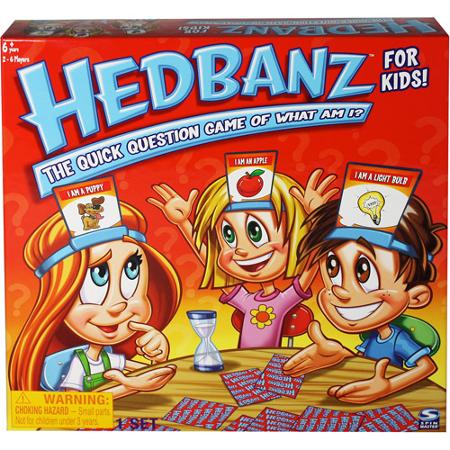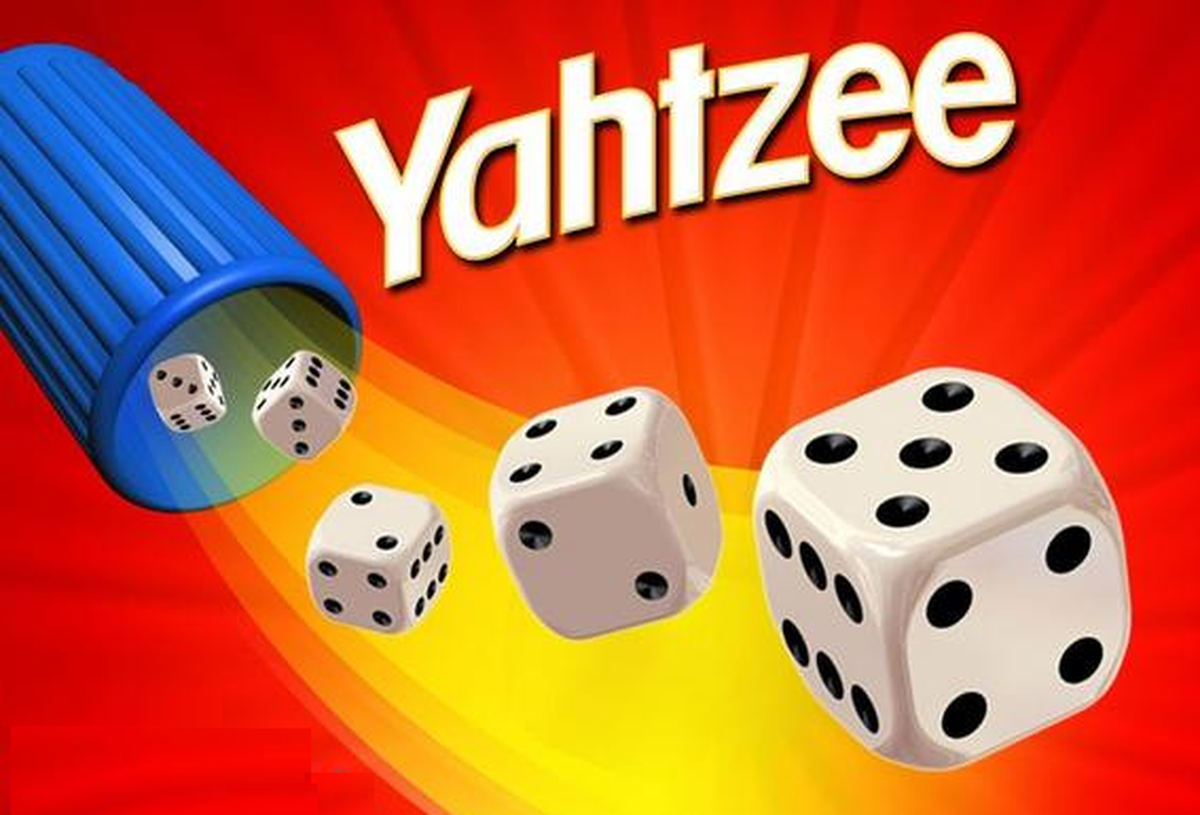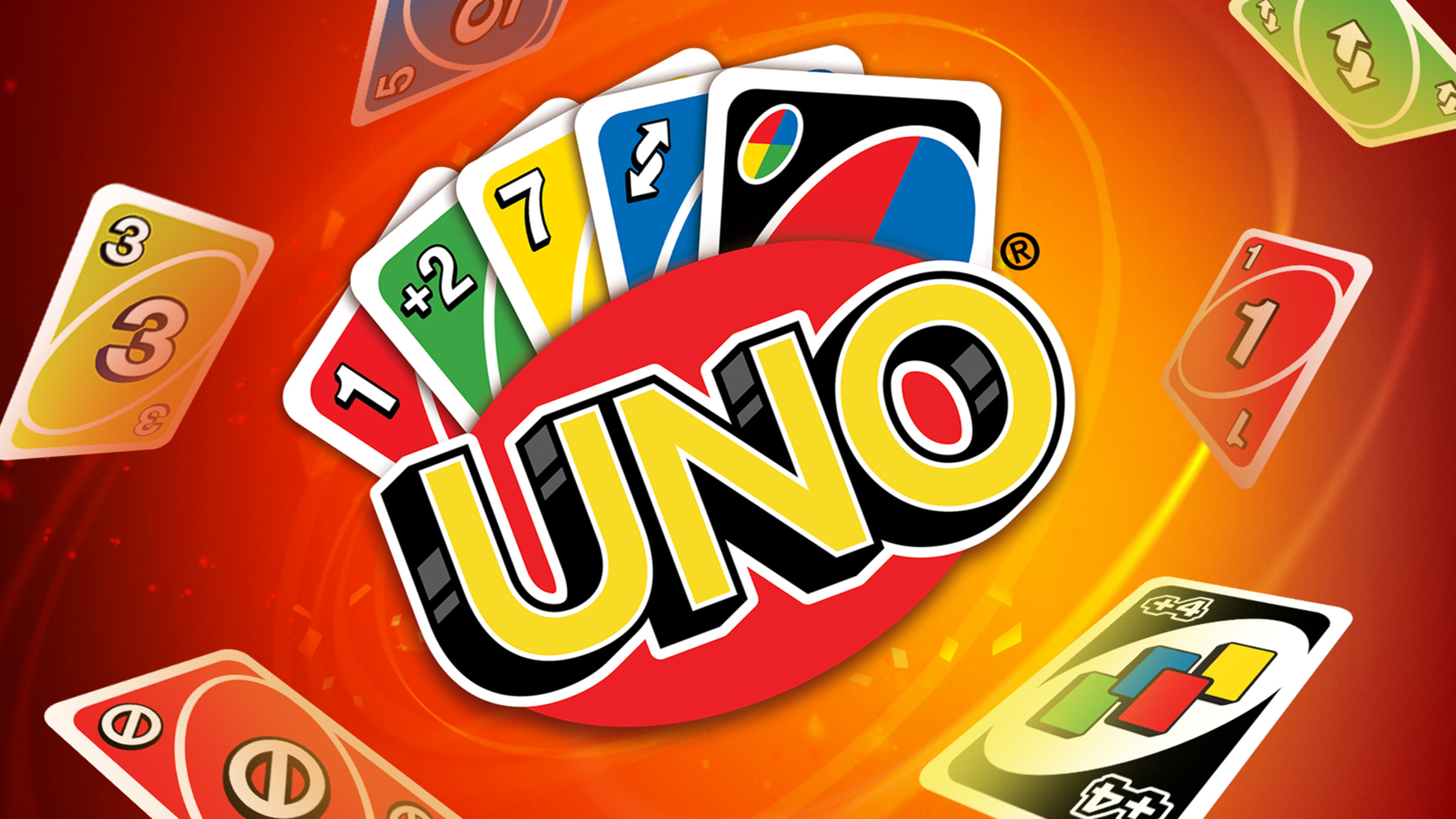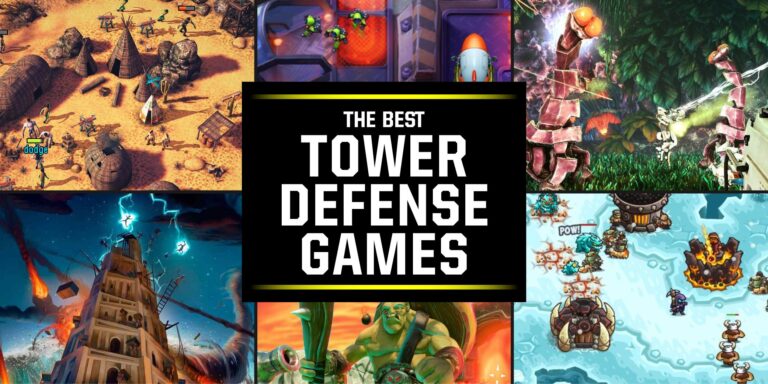5 best games for kids aged 6-10 years old
Last Updated on May 30, 2024 by Jhonni Jets
Choosing engaging games and activities for children aged 6 to 10 can be challenging. This age group is starting to outgrow simpler toys and games but may not be ready for more complex video games or sports. It’s important to select options that will appeal to developing interests while also providing educational benefits. The following list highlights 5 top choices for kids in this age range. All involve an enjoyable play experience while also promoting skills like problem-solving, strategy, hand-eye coordination and teamwork.
Uno
Table of Content
Uno is a classic card game that has been a family favorite for generations. The simple gameplay involves matching cards by color or number and works well for both individuals and groups. It’s accessible for beginners but offers some strategy as players try to get rid of all their cards first. Uno helps children develop counting skills as well as risk assessment as they decide when to play certain cards. The competitive but not overly complex nature makes it engaging for kids. It also travels well, so Uno is a great car ride or vacation game.
Jenga

Jenga is a game of skill, strategy and fun that appeals to both girls and boys. The object is to remove wooden blocks from a tower one at a time without causing the whole structure to collapse. It requires patience and a gentle touch. Jenga improves hand-eye coordination and fine motor skills. It also builds problem-solving abilities and teaches concentration. Furthermore, the social experience of taking turns can help develop communication and sportsmanship. Jenga encourages strategic thinking about stability and center of gravity. It’s easy to learn but provides an ongoing challenge. The vintage wooden design gives Jenga timeless appeal for multiple play sessions.
Headbands

Headbands is a hilarious party game that families love. Players try to guess titles, characters, objects or phrases by only using one-word clues. To make it trickier, teammates can only communicate through gestures and charades-style acting instead of speaking. Headbands improves vocabulary as children learn new words. It also builds communication skills through nonverbal expression of ideas. Figuring out hints challenges logical thought processes. The lively, interactive nature holds interest and gets kids active and laughing together. Headbands tends to be popular with both boys and girls from grade school through the tween years. Its flexibility works for indoor or outdoor play.
Yahtzee

Yahtzee is a classic dice game involving strategy, calculated risks and a little bit of luck. The goal is to fill in score cards by rolling five dice combinations until achieving various point combinations like three of a kinds or a full house. This fosters numeric literacy. There is also an element of strategy as players decide when to reroll certain dice or keep combinations. Yahtzee can be enjoyed individually or with family teams working towards a group score. Its easy pickup-and-play nature works well for busy schedules but repeats also build engagement as kids track stats. Yahtzee travels easily too, making it a great ride or trip game that holds interest over multiple sessions.
Apples to Apples
:strip_icc()/pic213515.jpg)
Apples to Apples is a party game emphasizing vocabulary, creative associations and humor. Players match nouns like “sunshine” or “pizza” with adjectives like “giggling” or “smelly” to create funny comparisons. It engages visual/verbal thinking while building a vocabulary for descriptive language. Apples to Apples strengthens skills like paying attention to word meanings and figuring out connections. Being judged by other players brings a liveliness to turn-taking. Kids have fun coming up with quirky or unexpected combination choices. This easy-to-learn format keeps the game flowing at a smooth pace suitable for shorter attention spans. Apples to Apples travels well and offers an icebreaker for family gatherings, camping trips or slumber parties.
Conclusion
In conclusion, games provide quality time for families and support key developmental areas for children aged 6-10. Those highlighted offer a fun, engaging play experience while also cultivating important life skills. Selections like Uno, Jenga and Headbands improve coordination and strategy. Options like Yahtzee and Apples to Apples build numeric literacy and vocabulary. Each game can also strengthen communication, problem-solving and sportsmanship through social interaction. From classic board/card games to party favorites, these top picks will keep kids entertained for many play sessions to come. Choosing age-appropriate games is an easy way to support a child’s growth through play.








